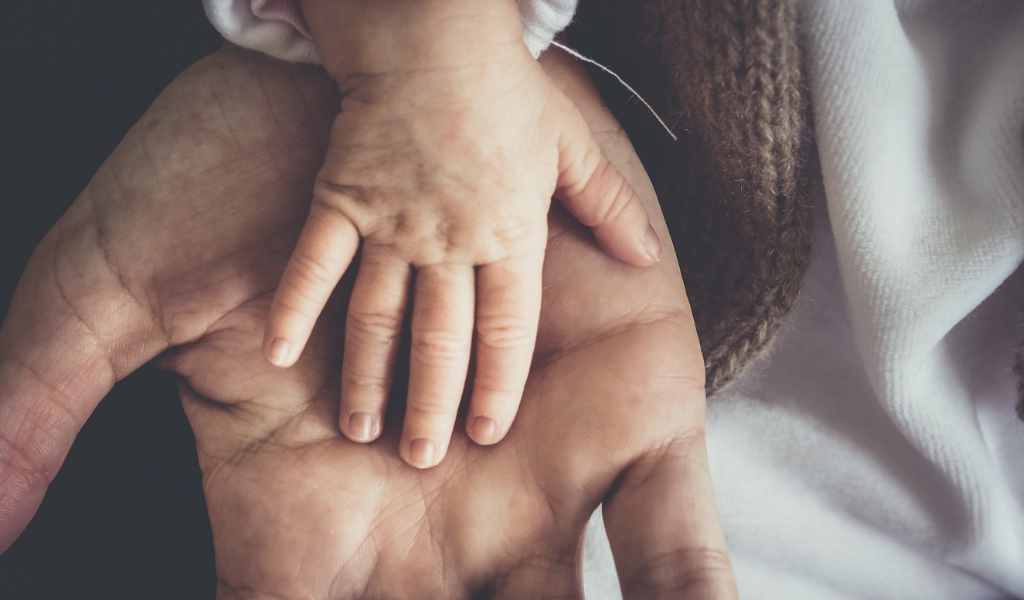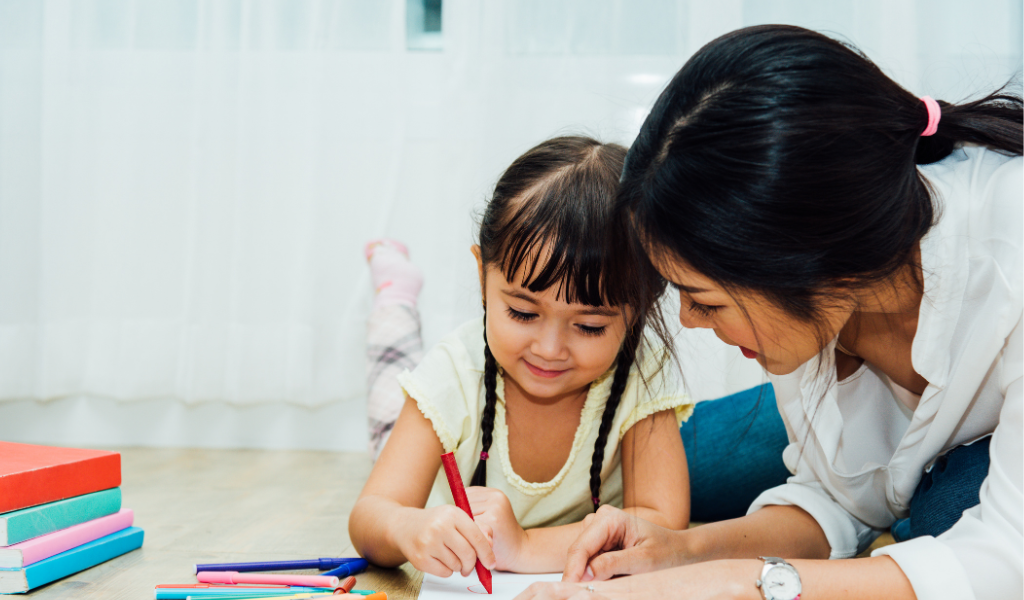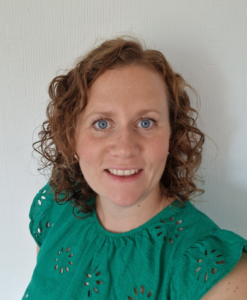In this thought-provoking article, we turn to early years expert Carla Nolan who explores the meaning of pride and how we can recognise and instil pride in the early years.
Before we start to consider whether children feel proud, we must take a moment to think about what we mean by the word proud.
The Cambridge dictionary defines proud as ‘feeling pleasure and satisfaction because you or people connected with you have done or achieved something good’. Does this feeling come from others telling us we have done something good, or are we born with the ability to just ‘feel’ proud?
In fact, the feeling of pleasure or satisfaction actually comes from a number of chemicals being released in our brain. These chemicals are often referred to as DOSE, Dopamine, Oxytocin, Serotonin, Endorphin.
The release of these chemicals can come from many different forms such as physical touch, eye contact, reaching a goal, interacting with others, or recognition from someone. It is these chemicals which cause us to feel pride, alongside many other feelings and dispositions.

When it came to researching about children’s feelings of pride it was very interesting because most of the literature talked about us, adults, feeling proud of children. There was very little mentioned around children having this intrinsic sense of pride themselves.
Pride isn’t something that just appears, it’s not a milestone children just reach. It is a sense of belief, a sense of worth in themselves, their abilities, and their talents. Pride can produce a physical response, a warm tingly feeling in your tummy, it can make children glow with pride or grow in stature as they radiate pride in themselves. It’s about children knowing they matter; they are loved, valued and important.

Pride is about children connecting with others, be it peers, adults, animals even and in their themselves feeling confident, happy, seen, and heard.
So, let me ask you, are the children you care for proud?
Pride will look different to everyone, maybe it’s a child showing others what they have made, or the child who is highly motivated and enjoying what they are doing. We must look for these moments, we must value them and recognise this is children showing us that they are proud.

Every child will develop talents and skills, passions, and interests. We must value these in our children, we must help them recognise these unique qualities. Children need us to help them see what makes them feel good about themselves. They need us to create opportunities to share their feelings of pleasure and satisfaction with others.

Carla Nolan is an Equality and Inclusion Adviser working for The Education People. Carla has worked in early years for over a decade, having held many leadership roles such as Early Years Professional, Forest School Leader, Nursery Manager and Improvement and Standards Adviser. In her current role she actively guides and advises early years settings around equality, inclusion, and special educational needs. Carla is an advocate for children being at the heart of education with a strong focus on play and connecting with nature. She is also passionate about using a mentor-coach approach in the workplace to develop confidence and professional understanding.